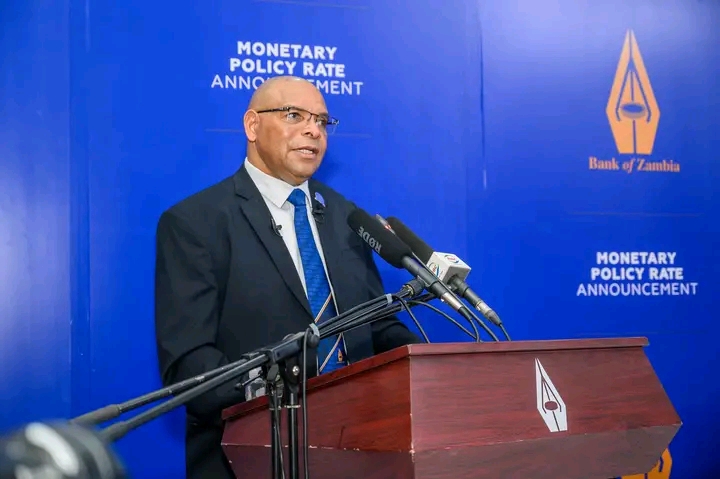By John Chola
The Bank of Zambia (BoZ) has announced a landmark decision to phase out cheques as a payment instrument in the country by June 24, 2026.
This follows extensive stakeholder consultations held between July and November 2024 in partnership with the Public Private Dialogue Forum and the Zambia Information and Communications Technology Authority (ZICTA).
The consultations involved various groups, including government entities, corporates, SMEs, financial institutions, and members of the public.
The decision is driven by several factors, including a significant 80 percent decline in cheque usage over the past decade, advancements in financial technology, and concerns over security and environmental impact.
Key reasons for the transition
BoZ highlighted the following reasons for the transition:
1. Declining Usage: Cheque transactions have seen a substantial drop in value over the past decade.
2. Efficiency of Electronic Payments: Modern electronic payment methods are more efficient and instantaneous.
3. Security Concerns: Cheques are vulnerable to forgery, theft, and unauthorized use.
4. High Dishonour Rates: Issues like insufficient funds and invalid signatures have eroded confidence in cheques.
5. Environmental Impact: Digital payments are more eco-friendly, reducing the need for paper.
6. Cost Efficiency: The cost of producing and processing cheques is no longer justifiable given the declining demand.
Transition roadmap
To facilitate a smooth transition, BoZ has set clear milestones:
December 20, 2024: Circular on roadmap to be issued to financial institutions.
December 27, 2024: Public notice on the phasing out of cheques to be issued.
February 28, 2025: Final day for customers to request cheque books.
March 31, 2025: Final day for banks to issue cheque books.
June 24, 2026: Last day for cheque deposits at commercial banks.
June 26, 2026: Final day for interbank cheque clearing.
Adopting Digital Payment Systems
BoZ is since urging businesses and individuals to transition to more efficient digital payment platforms, including internet banking, mobile banking, electronic funds transfers, and point-of-sale systems.
“These platforms offer faster, safer, and more convenient transaction options,” stated BoZ Assistant Director for Communications, Besnart Mwanza.
She says this significant shift signals Zambia’s commitment to embracing modern financial technologies and reducing reliance on traditional paper-based payment methods.








